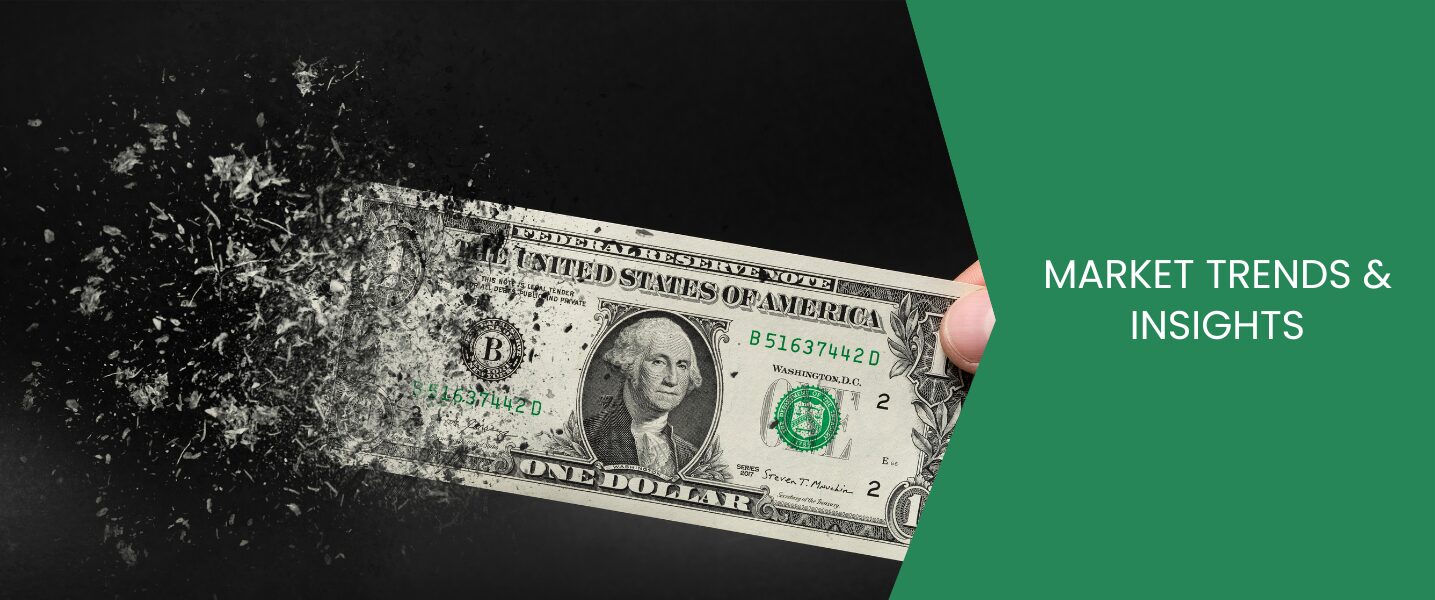Have you ever heard the word “inflation” and wondered what it really means? Well, inflation is when prices for things like food, gas, and clothes go up over time. It’s like when you go to the store and notice that your favorite snack costs more than it did last year. But did you know inflation can also affect the housing market, including mortgage rates and home prices? Let’s break it down and see how.
What Is Inflation?
Inflation happens when things start costing more money than they did before. This means your dollar doesn’t stretch as far. For example, a loaf of bread that used to cost $1 might now cost $1.25 because of inflation. The government tries to control inflation, but when it goes up, it can affect lots of things, including how much it costs to buy a house.
How Does Inflation Affect Mortgage Rates?
The Federal Reserve’s Role: The Federal Reserve, or “the Fed,” is a big bank that helps control inflation. When inflation gets too high, the Fed raises interest rates to help cool things down. Interest rates are the extra money you pay when you borrow money, like for a mortgage. So, when inflation goes up, mortgage rates usually go up too.
Higher Mortgage Rates Mean Higher Payments: When mortgage rates go up, it means you have to pay more money every month if you want to borrow money for a home. If you’re buying a home, this can make it harder to afford because your monthly payments will be higher. For example, if you want to buy a home, you might find that your payments are much higher than they would have been a year ago, just because inflation caused mortgage rates to rise.
What Happens When Rates Go Up? When mortgage rates go up, fewer people can afford to buy homes. If fewer people are buying homes, this can cause the housing market to slow down. Some people might decide to wait before buying a house, hoping that rates will go down. For those who already own a home, it could be a good time to stay put, especially if their mortgage rate is lower than the current one.
How Does Inflation Affect Home Prices?
Higher Mortgage Rates Can Lower Home Prices: Because higher mortgage rates make it harder to afford a home, fewer people may want to buy. When there are fewer buyers, home prices might not go up as fast, and they could even drop. So, if you’re thinking about buying a house, this might be a good thing because home prices could become more affordable.
The Cost of Building Homes Goes Up: Inflation doesn’t just affect mortgage rates. It also makes the cost of building a house go up. Materials like wood, cement, and even labor (the workers who build the homes) become more expensive. Builders might have to raise the price of new homes to cover these extra costs. So, even if home prices are going down in some places, new homes might still cost a lot more.
Inflation Can Make People Want to Buy Homes Faster: Sometimes, when inflation is high, people might try to buy a home quickly before prices go up even more. If they think home prices will continue rising, they might feel that now is the best time to buy. This can cause home prices to go up in some areas, even if the overall market is slowing down.
How Does Inflation Affect Different Homebuyers?
First-Time Homebuyers: If you’re buying a home for the first time, inflation can make it harder to get a good deal. Higher mortgage rates can make your payments more expensive, so you might need to save up more money or wait for rates to go down before buying a home.
People Moving to a New Home: If you already own a home and are thinking about upgrading to a bigger or better one, inflation can still impact you. You might be able to sell your current home for a good price, but when you buy your new home, it will likely cost more because of inflation and higher mortgage rates.
Real Estate Investors: Some people buy homes or apartments as investments. If inflation is high, they might see it as a chance to make money because property values often go up during inflation. But they also have to deal with higher mortgage rates when buying new properties.
The Bottom Line: Why Inflation Matters for Homebuyers and Sellers
Inflation affects how much it costs to borrow money, which can make mortgage rates go up. When rates rise, it can be harder to afford a home because monthly payments get higher. This can make home prices slow down or even drop in some places. But at the same time, inflation can make it more expensive to build new homes, so those prices might still go up.
If you’re thinking about buying a home, it’s important to pay attention to how inflation is affecting the market. Right now, with higher mortgage rates, it might be a little harder to buy a home. But it could also be a good time to look for deals, especially if prices aren’t rising as quickly as they used to.
Whether you’re buying, selling, or just watching the market, knowing how inflation affects mortgage rates and home prices can help you make better decisions.
Feel free to reach out if you have any questions or need help navigating the housing market during inflation! I’m here to help you find the best deal.




